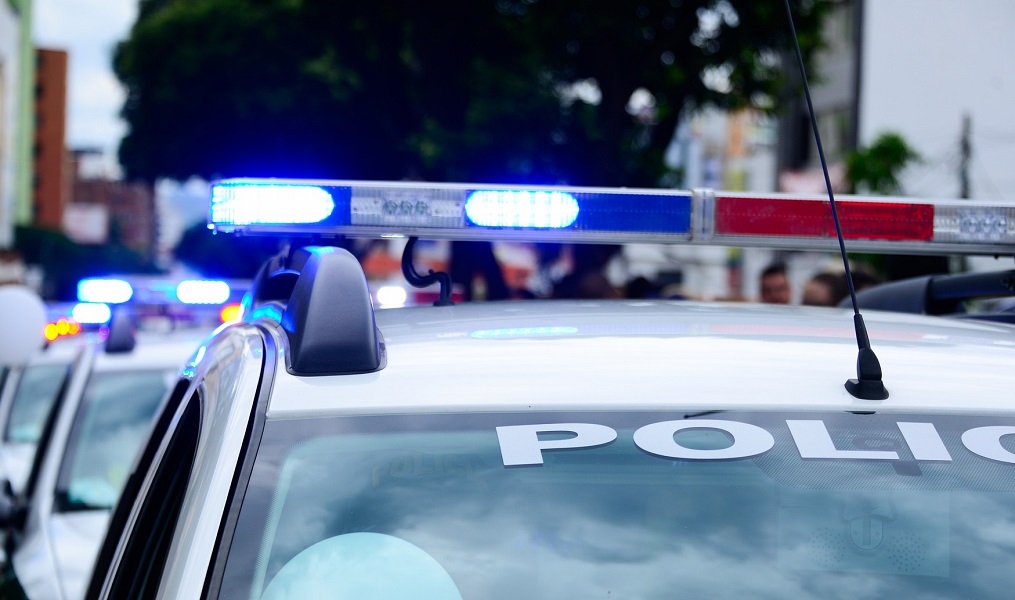Years ago, someone working for Ron Paul’s campaign was searched by TSA before getting on a plane,. Because he had a box containing close to $5000 in cash campaign contributions that he was transporting to campaign headquarters, TSA agents detained him, questioned him, and ultimately arrested him.
The ACLU filed suit on his behalf. In response, TSA revised its guidelines to make it clear that TSA officers are authorized to conduct searches related to safeguarding flight safety, not to engage in general law enforcement.
As the ACLU explained: ‘The airport is not a Constitution-free zone, and the price of traveling is not exposure to limitless government searches.
But the same is true of roads, isn’t it? The price of traveling is not exposure to limitless government searches. A road isn’t a Constitution-free zone any more than an airport is.
And yet, it seems that about every two minutes in America, someone posts a new video online showing police officers behaving just as badly at a traffic stop — using an alleged moving violation as a pretext for a search, in which they hope to turn up evidence of some crime that is unrelated to traffic safety—and using rhetorical tricks, outright lies, extended detainment, and threats to coerce the driver into allowing the search.
At many of these stops, the officers seem to be afraid that the people whose rights they are violating might decide to offer resistance, possibly armed resistance. This makes them hyper-vigilant, which results in people being pulled out of cars, guns being pulled out of holsters, and occasionally in motorists being shot — all over alleged traffic violations.
This is yet another place where the Live Free or Die State could take the lead in simultaneously promoting both individual rights and officer safety By passing a law requiring traffic stops to deal only with safeguarding traffic and nothing else.
Such a law should
(1) prohibit officers at a traffic stop from engaging in any behavior not related to the reason for the stop (including asking such apparently innocuous questions as ‘Where are you coming from?’ or ‘Where are you going?’);
(2) disallow the use of any information obtained during a traffic stop in court, or in the furtherance of any investigation, except when directly related to the reason for the stop; and
(3) assess significant personal fines for police officers who engage in such behavior anyway.
Under such a law, if an officer sees a traffic violation, he issues a warning or a ticket, and that’s the end of the encounter. No chit chat, no fishing expeditions, no ‘smelling illicit substances’ or ‘noticing furtive movements’, or making up other excuses to conduct a search or pursue a line of questioning unrelated to the reason for the stop. It would be as simple and straightforward as checking out at the supermarket.
Note that under such a law, since not even a cursory search (like peering into the back seat with a flashlight) will be conducted, there’s really no reason in most cases for a stop at all. With video evidence (which, at this point, is ubiquitous), the car owner can just get a ticket in the mail.
So, under such a law, there would be fewer opportunities and less motivation for police officers to violate the Fourth and Fifth Amendments. (Why go to the trouble of inventing pretexts to gather information that can’t be used and which might end up costing you money?) There would be less reason for drivers to fear the police and for the police to fear drivers.
What’s the argument against this? The only losers here would be those who reject one of our oldest and most cherished principles, that it’s better to let some of the guilty go free than to punish any of the innocent. When did we stop believing that?
